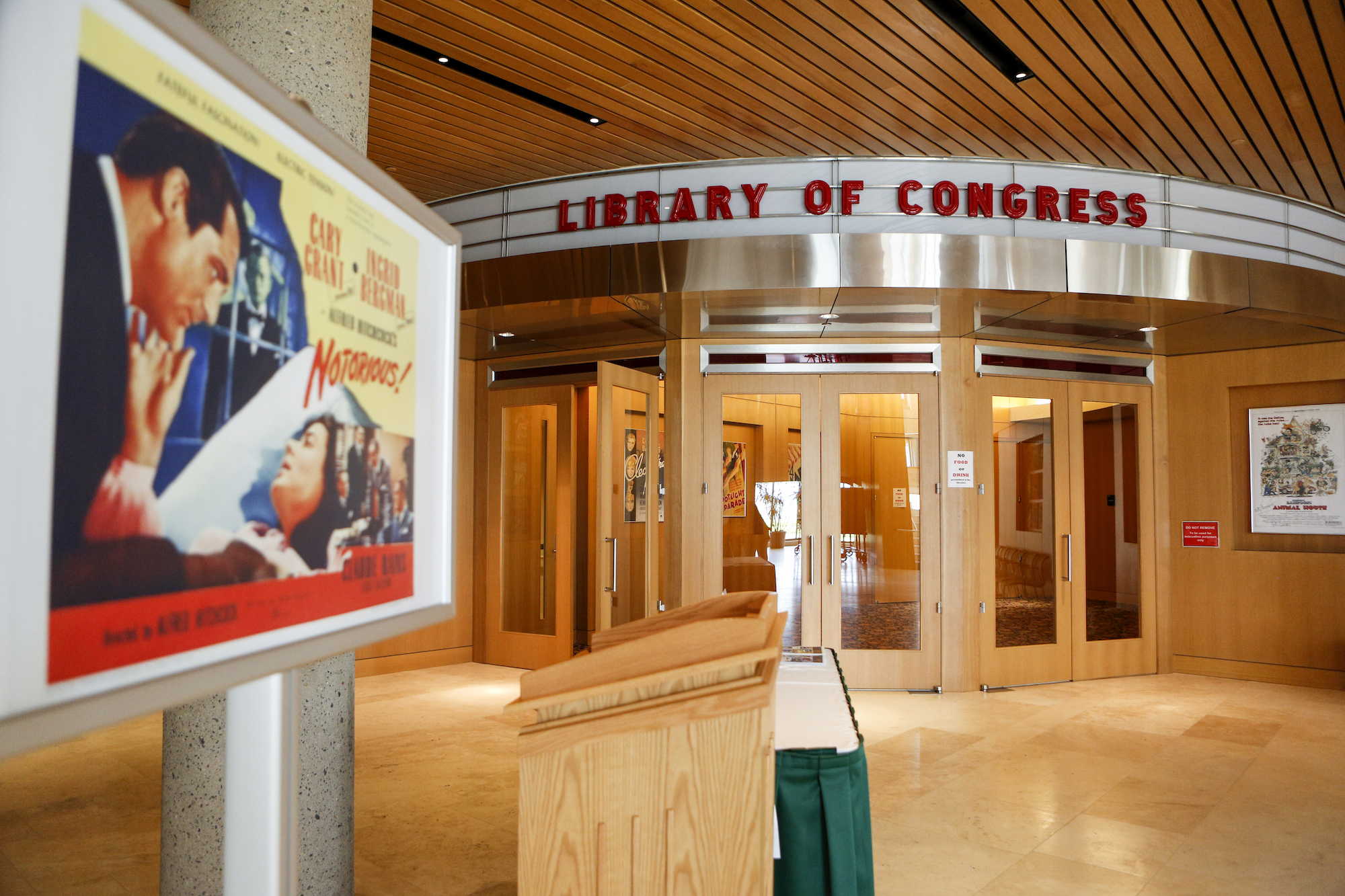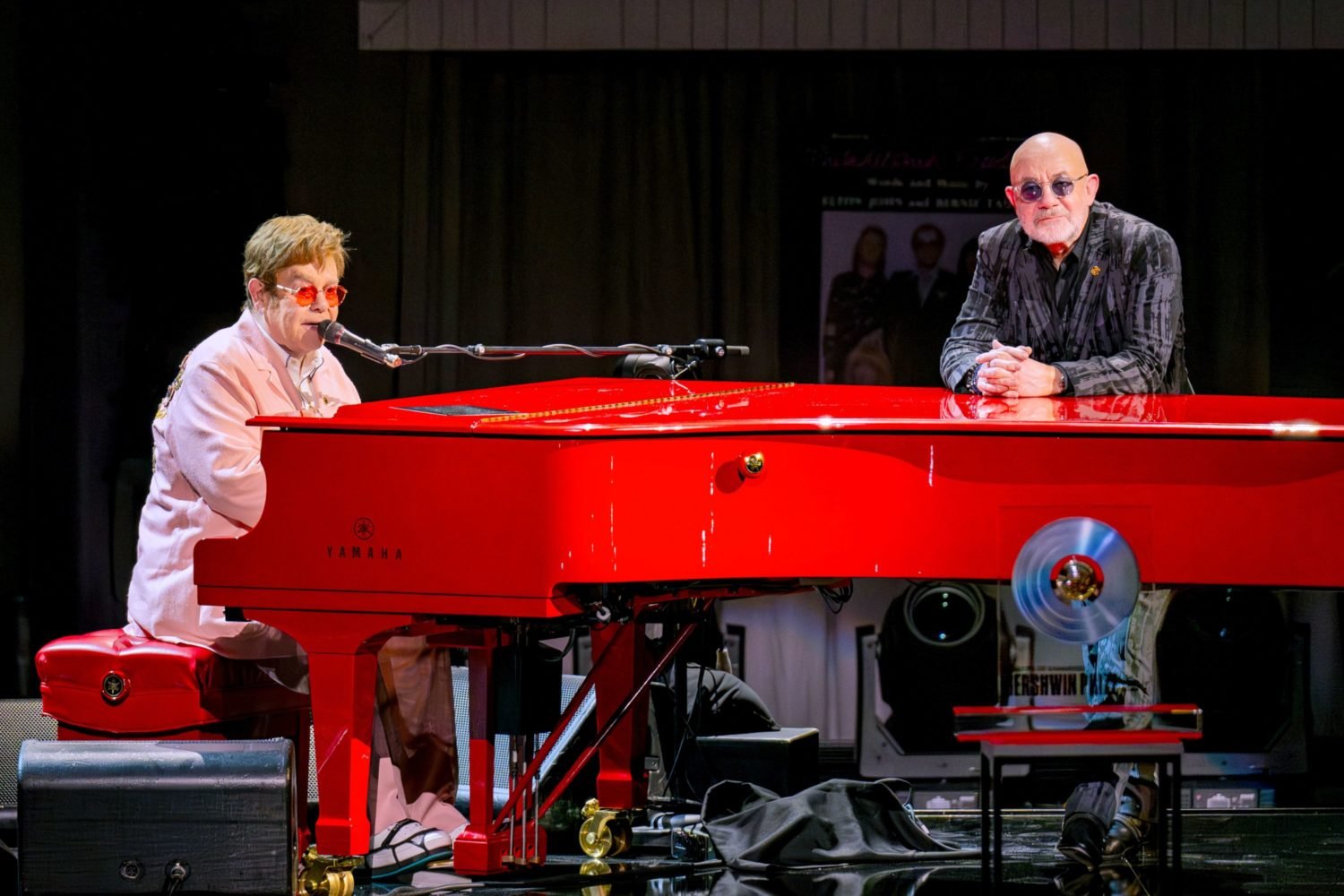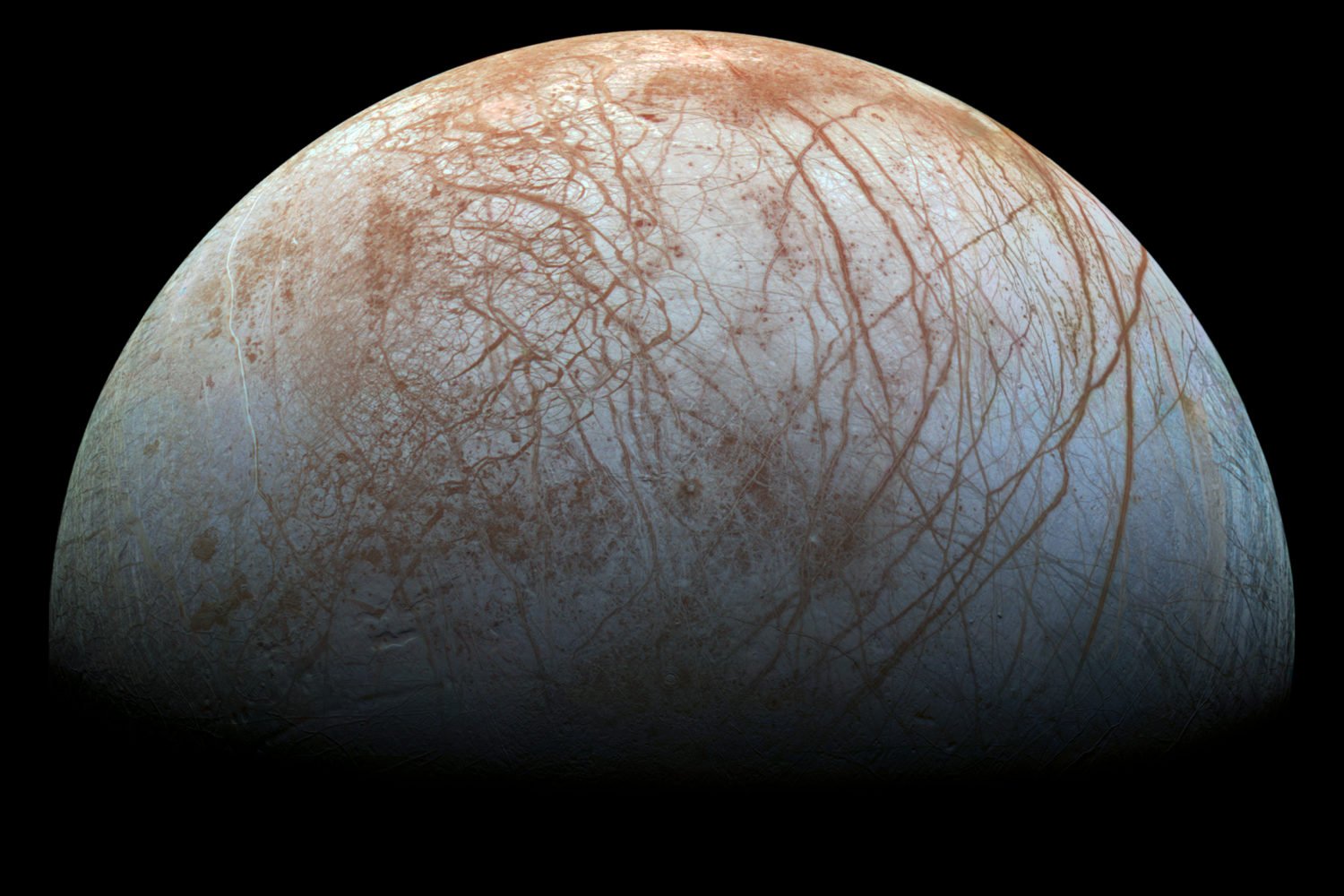If you’ve ever read the Wikipedia article on a favorite movie, you may have learned that it was “selected for preservation in the United States National Film Registry by the Library of Congress as being ‘culturally, historically, or aesthetically significant.’”
Every year, the registry selects 25 films for preservation, guaranteeing they’ll be safely stored at the Library of Congress’s National Audio-Visual Conservation Center in Culpeper, Virginia, which is home to the largest collection of films, TV programs, and sound recordings in the world.
The library announced the 2023 films today, and their incredible range—from instantly recognizable video store classics like Home Alone to obscure home movies and documentaries like 1975’s Cruisin J-Town—illustrates the breadth of the National Film Registry’s work.
“We think that films represent a lot about American creativity and experience,” says Dr. Carla Hayden, the Librarian of Congress. “We actually have a congressional mandate to preserve cinematic history.”
The only things this year’s 25 films have in common are that they’re all American and at least ten years old. The oldest selection is A Movie Trip Through Filmland, a cheery 1921 silent short produced by Kodak to educate the public about the making of film itself. The newest are 20 Feet From Stardom, a 2013 documentary about undersung background singers, and 12 Years A Slave, the Academy Award-winning drama from the same year.
In between, the list moves from Disney animated movies (Lady and the Tramp; The Nightmare Before Christmas) to cult classics with social messages (¡Alambrista!; Matewan; Edge of the City, starring the late Sidney Poitier) to blockbuster thrillers (Terminator 2: Judgement Day; Apollo 13).
The library will screen two of the most famous, family-friendly selections on its new list, The Nightmare Before Christmas and Home Alone, during the holidays. Timed-entry passes are free and can be booked online. Other films from the registry are sometimes available for viewing on the Library of Congress website.
Congress established the National Film Registry in 1988 at the urging of cinema figures like Martin Scorcese who decried colorization, reformatting for TV, and other alterations that were rampant in the industry at the time. 35 years in, the registry now holds 875 films, spanning lush Hollywood epics, niche indie productions, experimental art films, animated shorts, educational documentaries, and even home movie collections.
The Culpeper facility, a former Federal Reserve high-security bunker, holds 140 million feet of nitrate film at icy temperatures, and takes special precautions to avoid sparking the kinds of destructive vault fires that have claimed the only known copies of hundreds of films. The archive was also the first to ever preserve more than one petabyte (one million gigabytes) of digital media.
Some of this year’s films never came close to reaching mainstream audiences, but were selected because they offer a unique window into a community in a specific place and time. Two of them, the documentary Cruisin J-Town and the decades-spanning home movie collection of the Filipino American Bohulano family, capture Asian American immigrant life intimately. We’re Alive, a 1974 student documentary about a women’s prison, and the visionary 1987 art film The Lighted Field have seldom been screened outside of museums and universities.
Other selections this year are far from obscure, but have sometimes been underappreciated. The Wedding Banquet, a rom-com about a gay Taiwanese American man directed by Ang Lee, is often eclipsed by Lee’s later breakthrough Brokeback Mountain. Bamboozled remains one of the most polarizing films by legendary director Spike Lee. Gina Prince-Blythewood’s Love & Basketball fared poorly at the box office in 2000, but has since become a beloved rom-com among younger viewers.
In recent years, the National Film Preservation Board, which picks the 25 films, has sought more public input. This year, the general public made nearly 7,000 film nominations—Home Alone and Terminator 2 were among the most popular. Through next August, you can nominate your own favorites that have been overlooked by the library here.



















